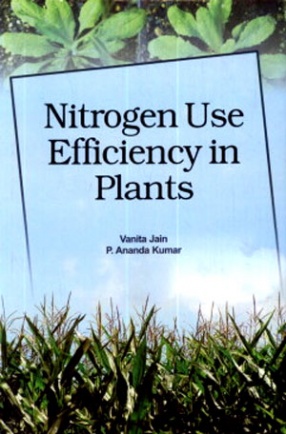Nitrogen fertilizers are necessary to enhance agricultural production and to sustain food security. However, their inefficient use accrues form inherent limitations of the crop plants as well as the manner in which N fertilizers are formulated, applied and managed. The main aim of the book is to assess the various aspects of the fate of fertilizer N in context of the overall N inputs to agricultural systems, with a view to enhance the efficiency of nitrogen use and reduce the negative impacts on environment. The cross cutting issues relate to improvement in nitrogen use by emerging technologies (genetic enhancement, QTL mapping), meeting N needs by understanding its interactions with other nutrients, and mitigation of nitrogen losses caused by environmental factors and management practices.
Nitrogen Use Efficiency in Plants develops links between basic and applied research and practical crop production by addressing a wide range of topics relating to nitrogen use efficiency and plant and crop responses to applications of nitrogen via fertilizers, including nitrogen acquisition and reduction, molecular approaches, nitrate induction and signaling and nitrogen use under abiotic stresses.
Nitrogen Use Efficiency in plants is an invaluable classroom aid for academics working in plant physiology, biochemistry, biotechnology, molecular breeding and agronomy, and an essential professional resource for researchers working in plant and crop stems as it provides a comprehensive, interdisciplinary description of problems related to the efficiency use of nitrogen in agriculture.





There are no reviews yet.